How to Choose the Best Dentist – Cary, NC
You Deserve the Best-of-the-Best
We’re firm believers in the fact that our patients deserve the best dental care as well as a personalized experience where they feel heard and understood, which is why we take the time to get to know everyone who enters our practice. If you’re looking for a new dentist you shouldn’t settle! Below, we’ve included some important traits to consider when trying to choose the best dentist in Cary, so you can get the high-quality dental care you deserve.
Clinical Skill Level
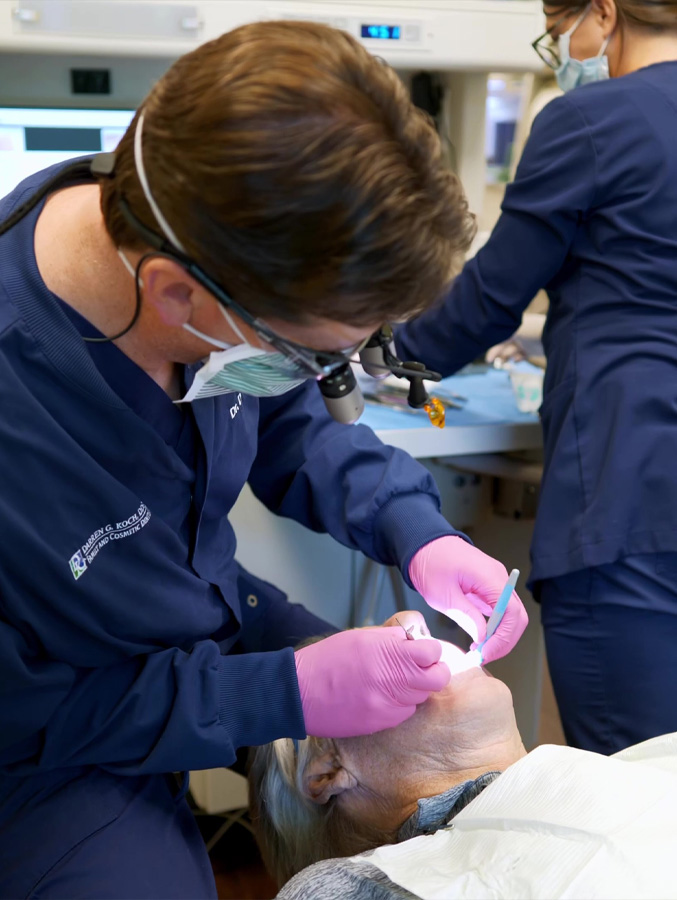
Fact - Patients obviously do not have the training to assess the clinical skill of their dentist in Cary.
Reality - Prospective patients should view the "Smile Gallery" or "Before and After Photos" on the dentist's website to make an assessment regarding the quality of care. If no photo gallery exists, or if there is a disclaimer that states, "These are not actual patients of Dr. ______," then the dentist's skill level is unknown or questionable at best.
Continuing Education
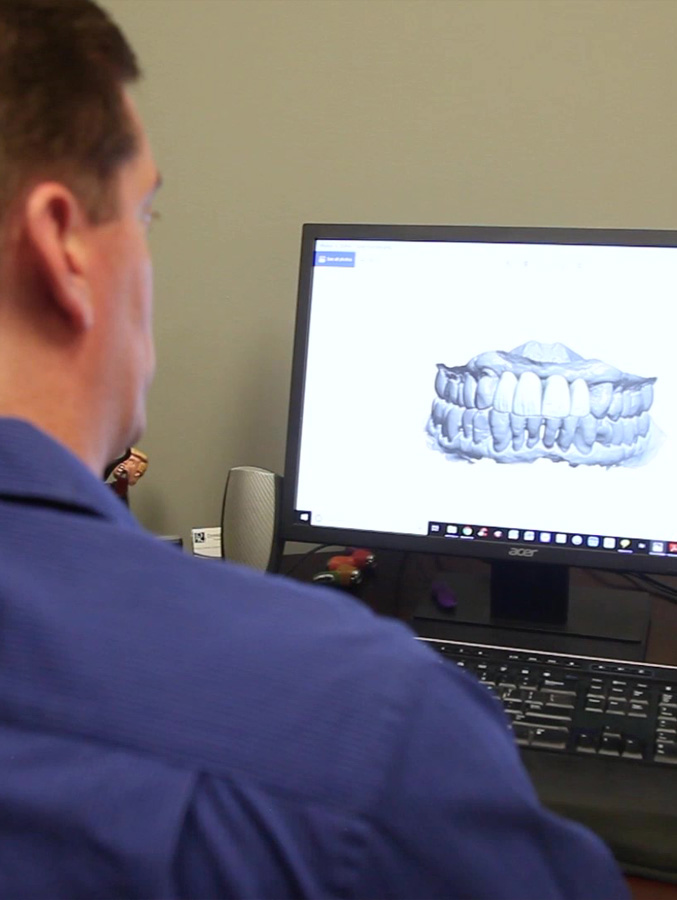
Fact - Dentists who practice in North Carolina are only required to complete 15 hours of continuing education per year to maintain their licenses.
Reality - Since dentistry is a continuously evolving profession, dentists who are dedicated to improving their skills and knowledge will often far exceed the minimum continuing education requirement.
Experience
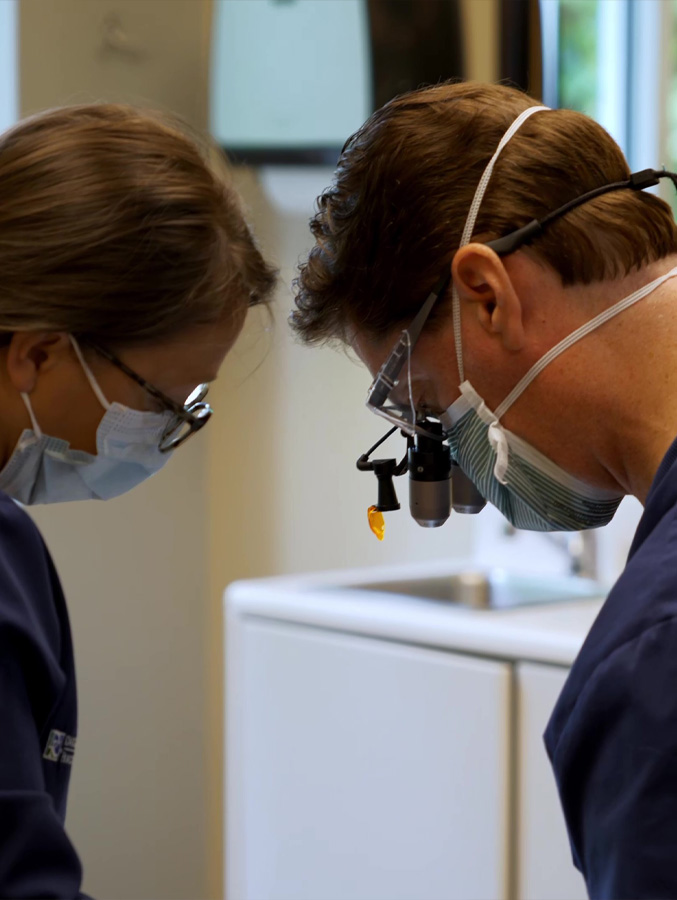
Fact - An experienced dentist and clinical team are more likely to efficiently and predictably deliver optimum care.
Reality - Ask the administrative staff or review the practice’s website to determine the dentist's number of years of clinical experience.
Initial Examination
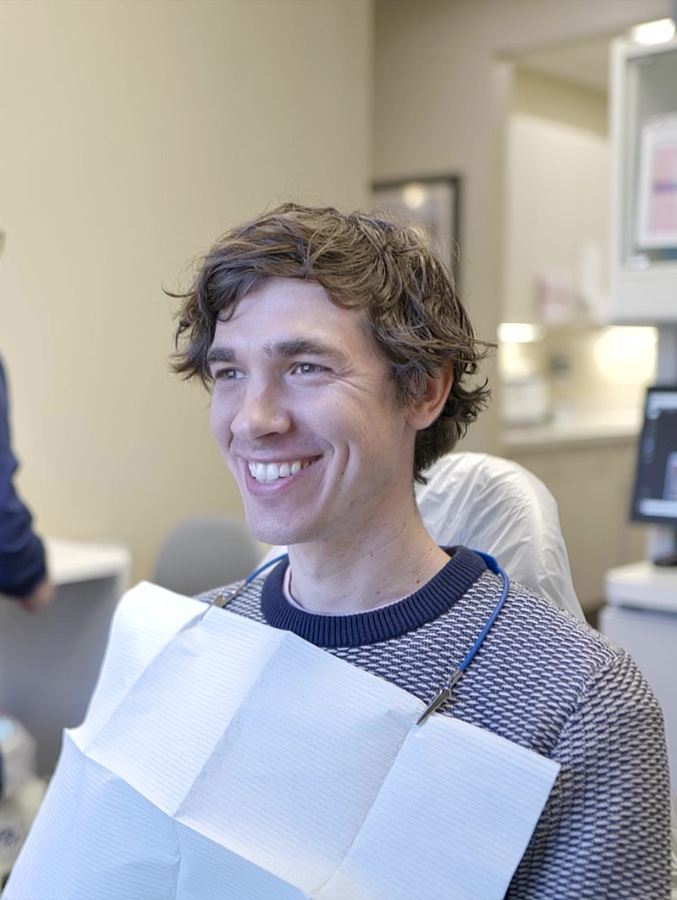
Fact - A thorough initial visit should include a full set of digital x-rays, periodontal (gum) assessment, oral cancer screening, and evaluation of the teeth and existing restorations. The examination should conclude with the dentist's discussion of recommended treatment, as well as any relevant patient education.
Reality - A comprehensive initial exam is a very detail-oriented process, but some offices skip steps or take shortcuts to save time.
Patient Education
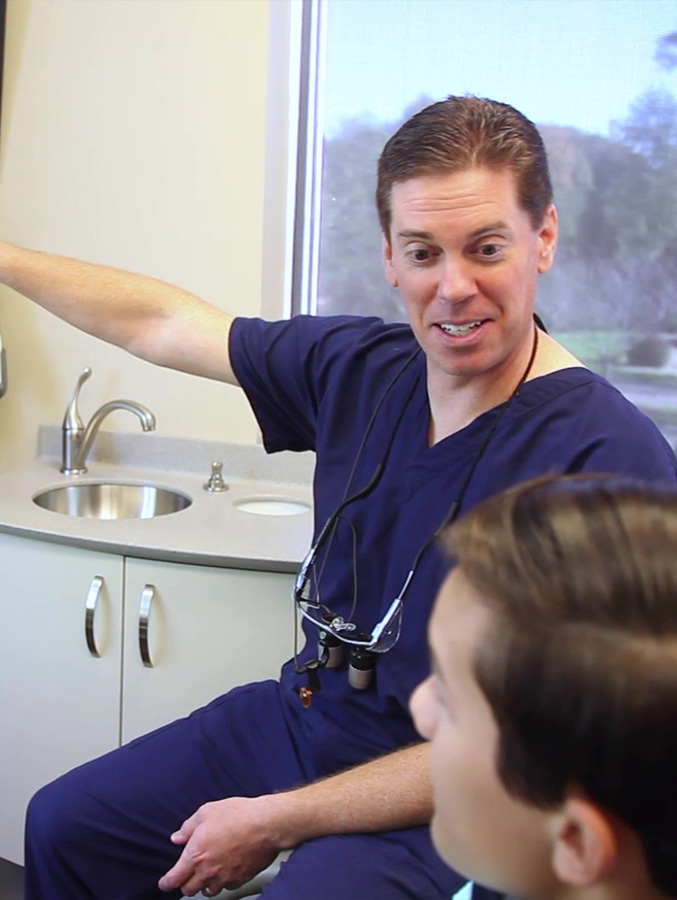
Fact - Over the years, dentistry has become more patient-centered as people's desire to become more involved with treatment decisions have increased.
Reality - Patient education movies, models, brochures, and articles written by the dentist are valuable tools that can assist patients' understanding of dental conditions and treatment options.
Personality
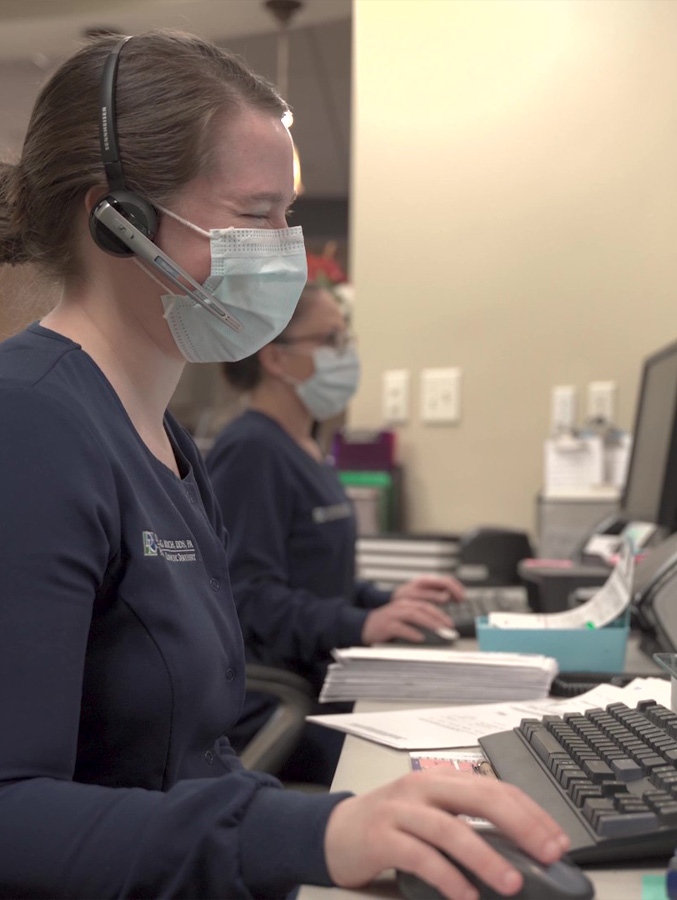
Fact - Patients can be somewhat candid regarding their dislike of dental procedures, which is often the result of anxiety or fear.
Reality - The best dentist in Cary will have an outgoing and personable demeanor to effectively communicate with patients and putting them at ease.
Precision
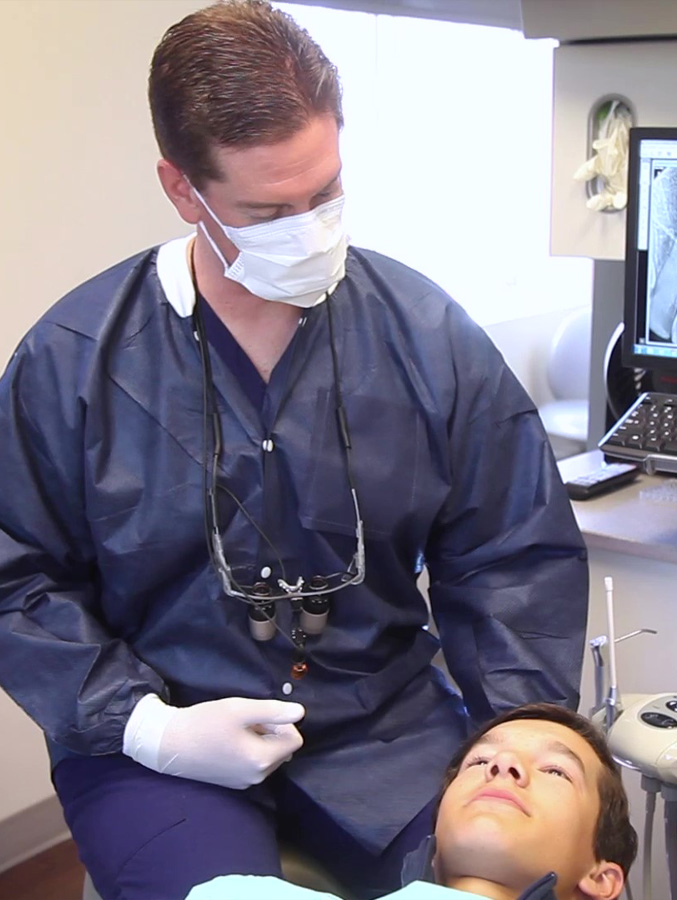
Fact - The very small, dark, and wet environment of the oral cavity makes your dentist's job very challenging.
Reality - Surgical loupes and a headlight magnify and illuminate the operating field to ensure precision dentistry. If your dentist has invested in these tools, they will look like they are wearing binoculars with an attached spotlight!
Sterilization and Infection Control
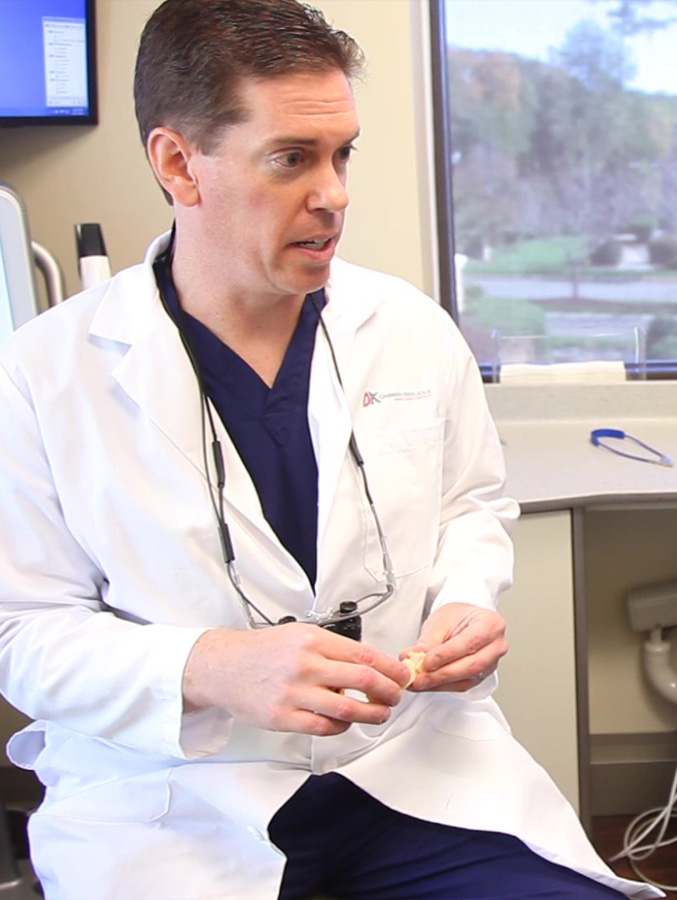
Fact - The Occupational Safety and Health Administration (OSHA) has very specific guidelines for dental offices to follow to maintain the highest standard for infection control and sterilization.
Reality- Regulations require that each member of the dental team undergo compliance training at least once per year. However, it is the dentist's responsibility to ensure that his or her employees are following these protocols consistently to guarantee patient safety.
Team Members
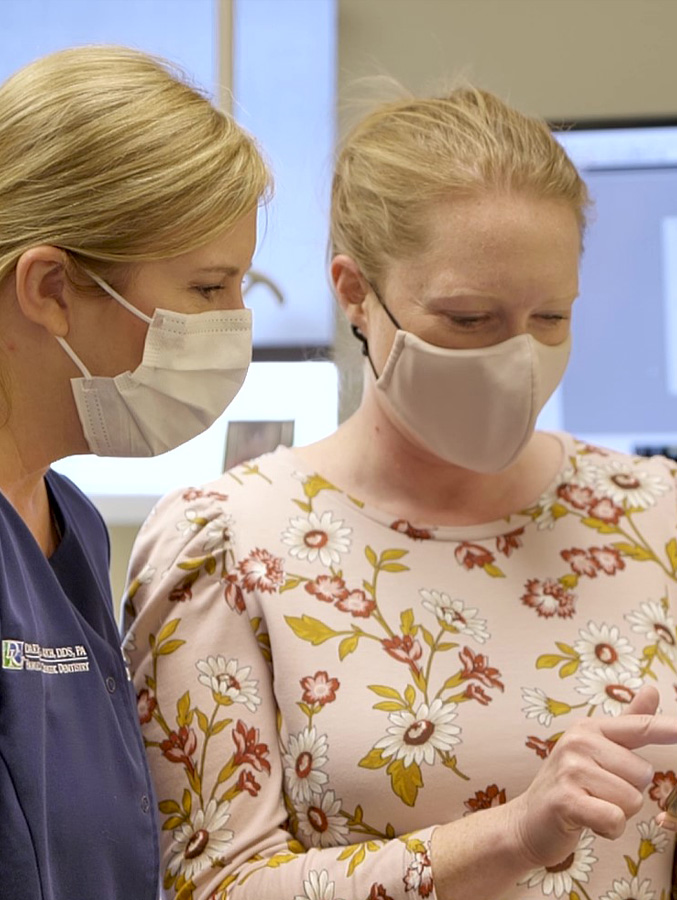
Fact - Dental hygienists, assistants, and administrative team members are all integral to an efficient and pleasing patient experience.
Reality - Obtaining and maintaining a "superstar" dental team is challenging for most dentists but reflects the overall quality of the practice.
Technology
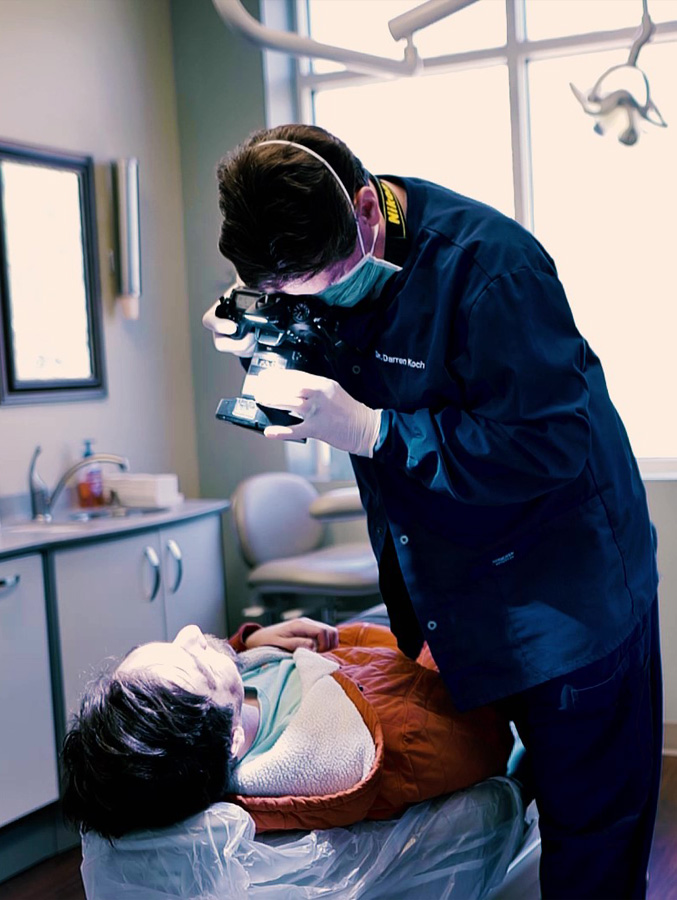
Fact - Technology, such as digital x-rays and intraoral photography, are fundamental elements of the modern dental practice.
Reality - Ensure that the technology used in the practice enhances patient care and isn't simply being used for marketing purposes. For example, single-visit light or laser-assisted teeth whitening is scientifically proven to NOT yield optimum results and instead can result in significant tooth sensitivity.






